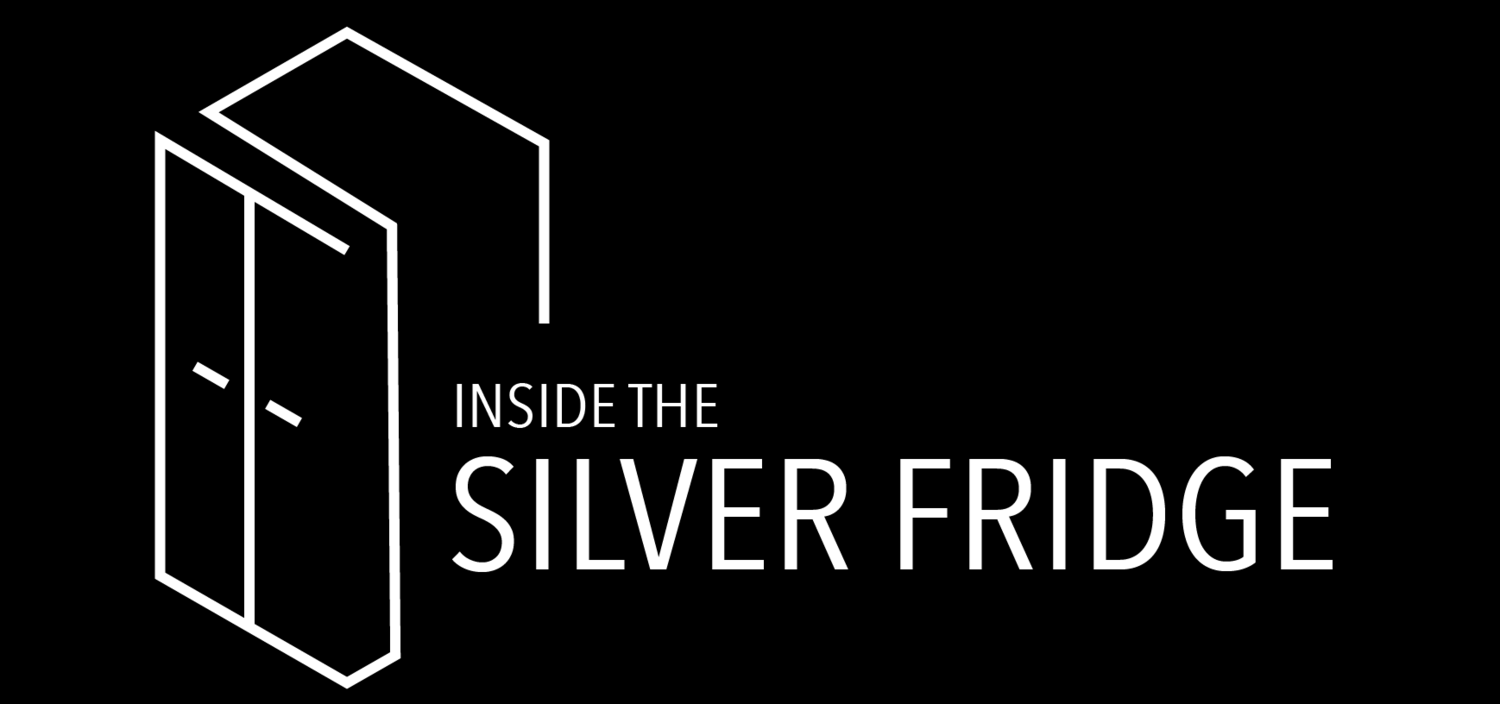Evidence Behind Procedural Training
It has been well-documented in the literature that knowledge and skill decay with time when not used. We can interrupt this decay by using learning techniques including spaced repetition.
IMAGE REFERENCE: CHUN, BO AE & HAE JA, HEO. (2018). THE EFFECT OF FLIPPED LEARNING ON ACADEMIC PERFORMANCE AS AN INNOVATIVE METHOD FOR OVERCOMING EBBINGHAUS' FORGETTING CURVE. 56-60. 10.1145/3178158.3178206.
Our medical education team studied this phenomenon in paracentesis training and found that while all trained residents met the Minimum Passing Standard at the time of training, skill decay occurred over time. BUT this decay could be mitigated by spaced repetition.
Read their study here: Sall D, Warm EJ, Kinnear B, Kelleher M, Jandarov R, O'toole J. See One, Do One, Forget One: Early Skill Decay After Paracentesis Training. J Gen Intern Med. 2020.
You can also read about the paracentesis curriculum the team, led by Dr. Dana Sall, developed here: Sall D, Wigger GW, Kinnear B, Kelleher M, Warm E, O'toole JK. Paracentesis Simulation: A Comprehensive Approach to Procedural Education. MedEdPORTAL. 2018;14:10747.
You can review the procedure curriculum materials and checklists on the main Procedural Training page.




